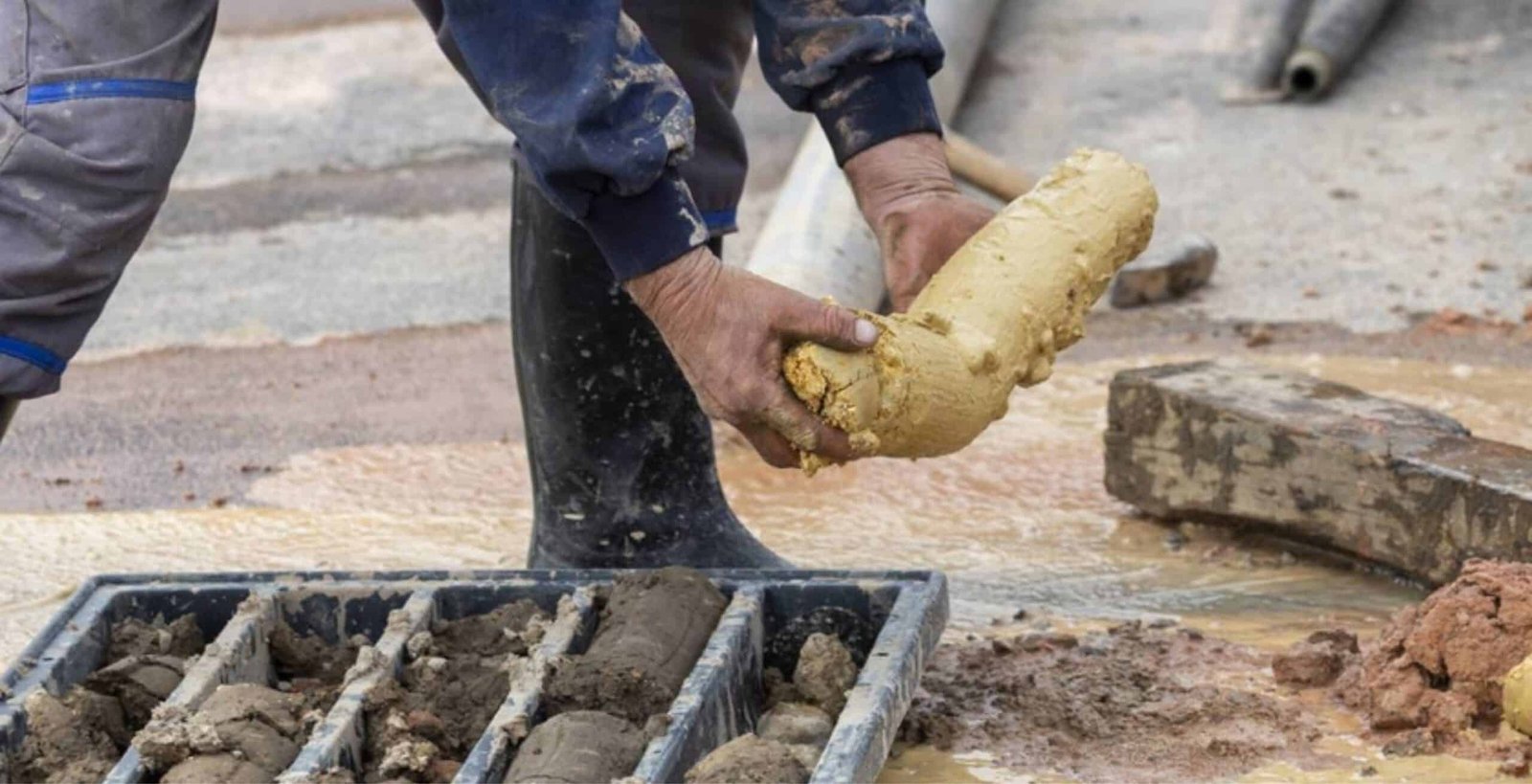
The Geotechnical Department conducts comprehensive investigations to characterize subsurface soil and rock conditions at a site.
These studies are crucial for determining the appropriate foundation requirements for new or existing structures, infrastructure projects, and facilities. By understanding the subsurface conditions, we can ensure the successful execution of any construction project.
Our department employs various methods to collect subsurface data, including:
01. Soil Sampling:
Obtaining soil samples through boreholes and test pits
02. Laboratory Testing:
Conducting a wide range of laboratory tests to determine the engineering properties of soil and rock.
03. Subsurface Profiling:
Utilizing geophysical techniques to map subsurface layers
04. Shear Strength Testing:
Assessing the soil's ability to resist shear stresses.
05. Plate Load Testing:
Evaluating the bearing capacity of the soil.
06. Permeability Testing:
Determining the soil's ability to transmit fluids
07. Groundwater Monitoring:
Measuring groundwater levels and fluctuations.
08. Standard Penetration Testing:
Assessing the soil's density and consistency.
Some Of Our Benefits
-
ISO-Certified Excellence
Proudly accredited with ISO 17025:2018 & ISO 9001:2015 for quality & technical competence. -
Extensive Experience Across KSA
Decades of field testing and engineering expertise across major regions.
-
Reliable Turnaround & Support
Timely reporting and ongoing technical guidance throughout your project. -
Trusted Results, Every Time
Accurate, standards-compliant results trusted by consultants, contractors, and authorities.
Frequently Asked Questions
What is the Standard Penetration Test (SPT)?
It's a field test performed in boreholes to measure soil resistance to penetration, giving an accurate indication of soil strength and bearing capacity.
When should soil testing be conducted for a new project site?
Preferably before structural design, to identify soil properties and determine suitable foundation recommendations.
Why is the direct shear test important?
It determines the soil's internal friction angle and cohesion — key parameters in geotechnical design.
What is soil bearing capacity?
It's the maximum load the soil can support without failure or excessive settlement.


